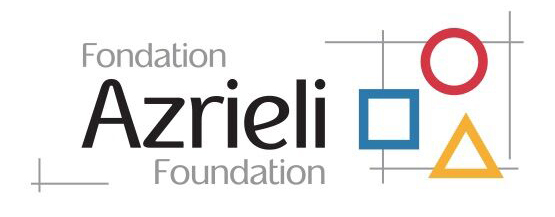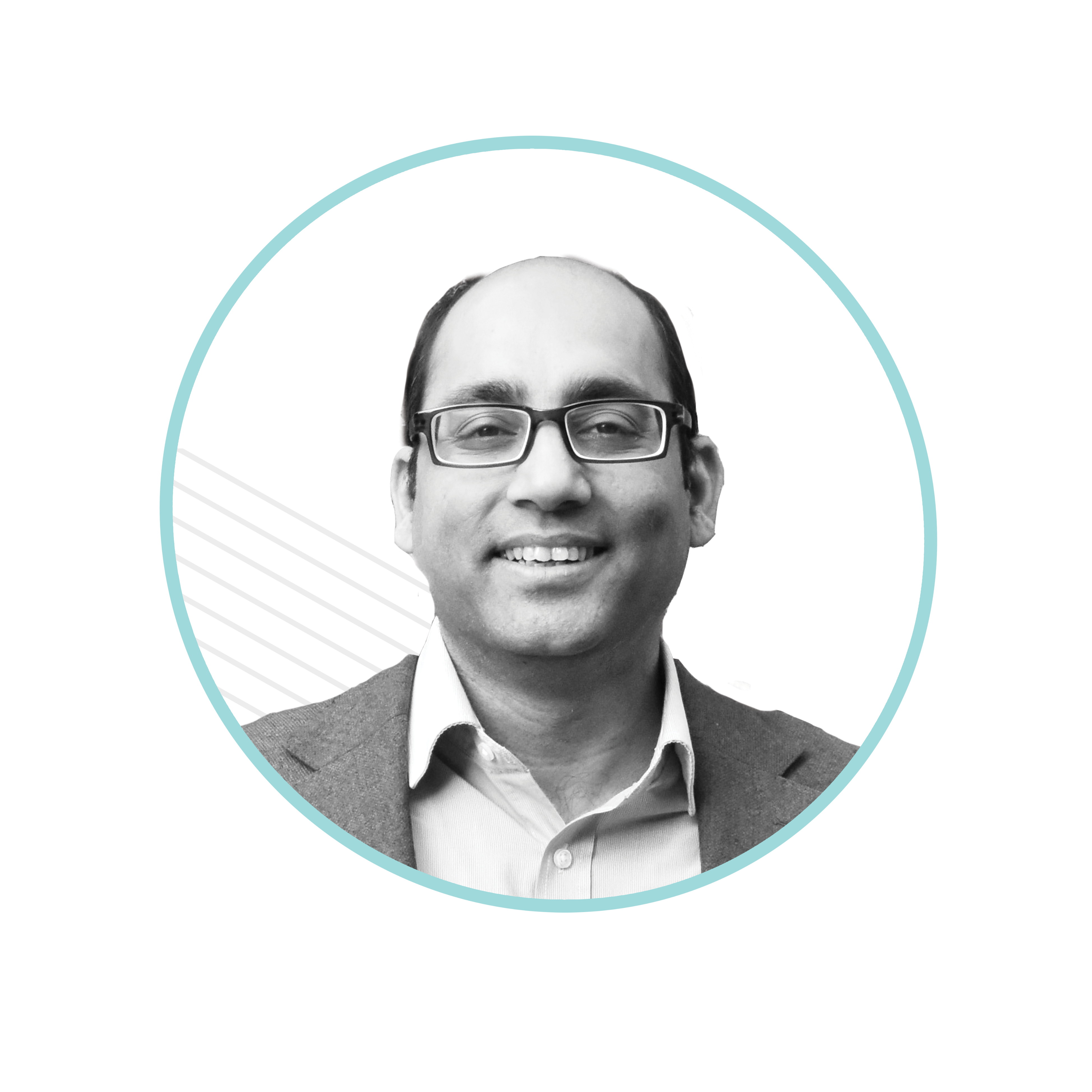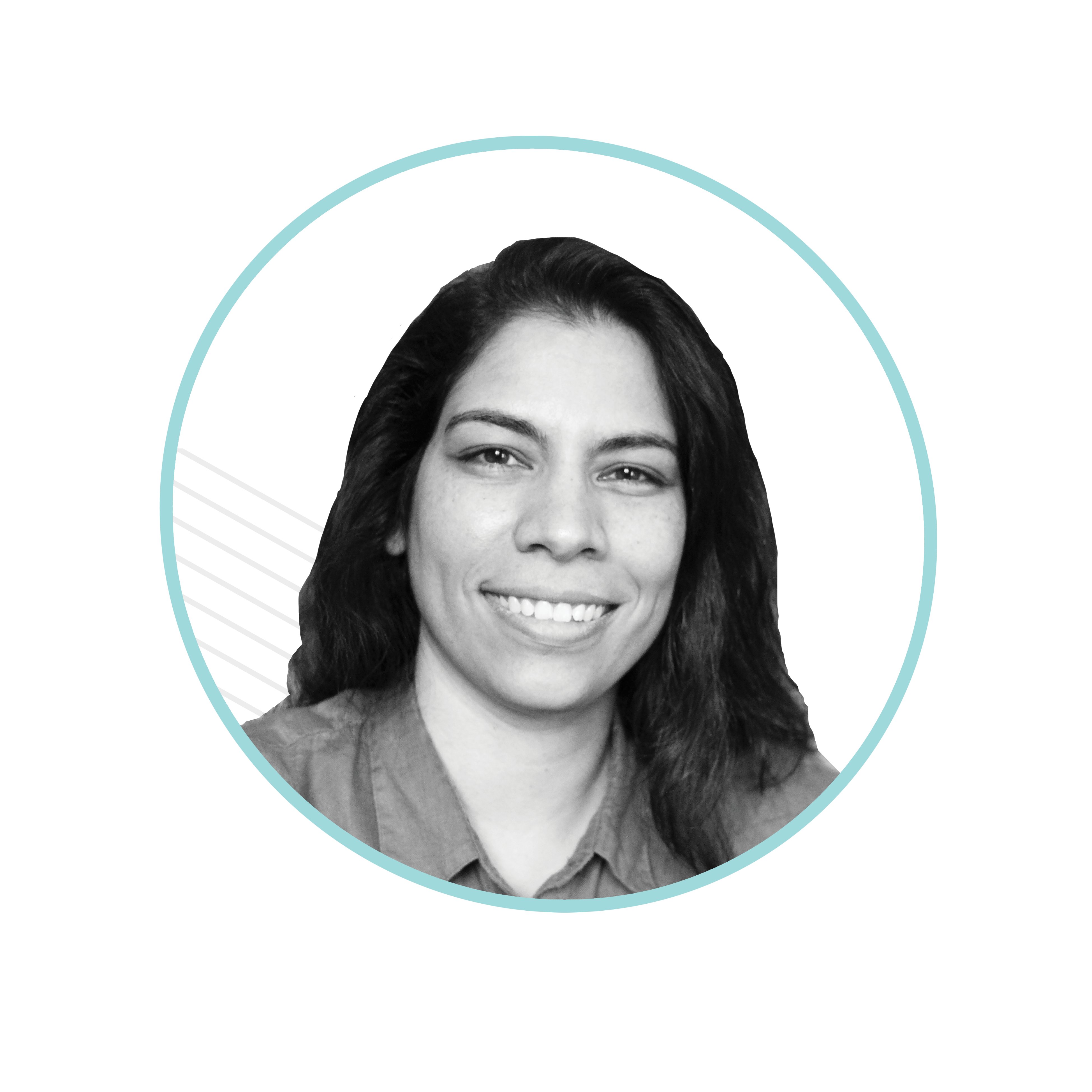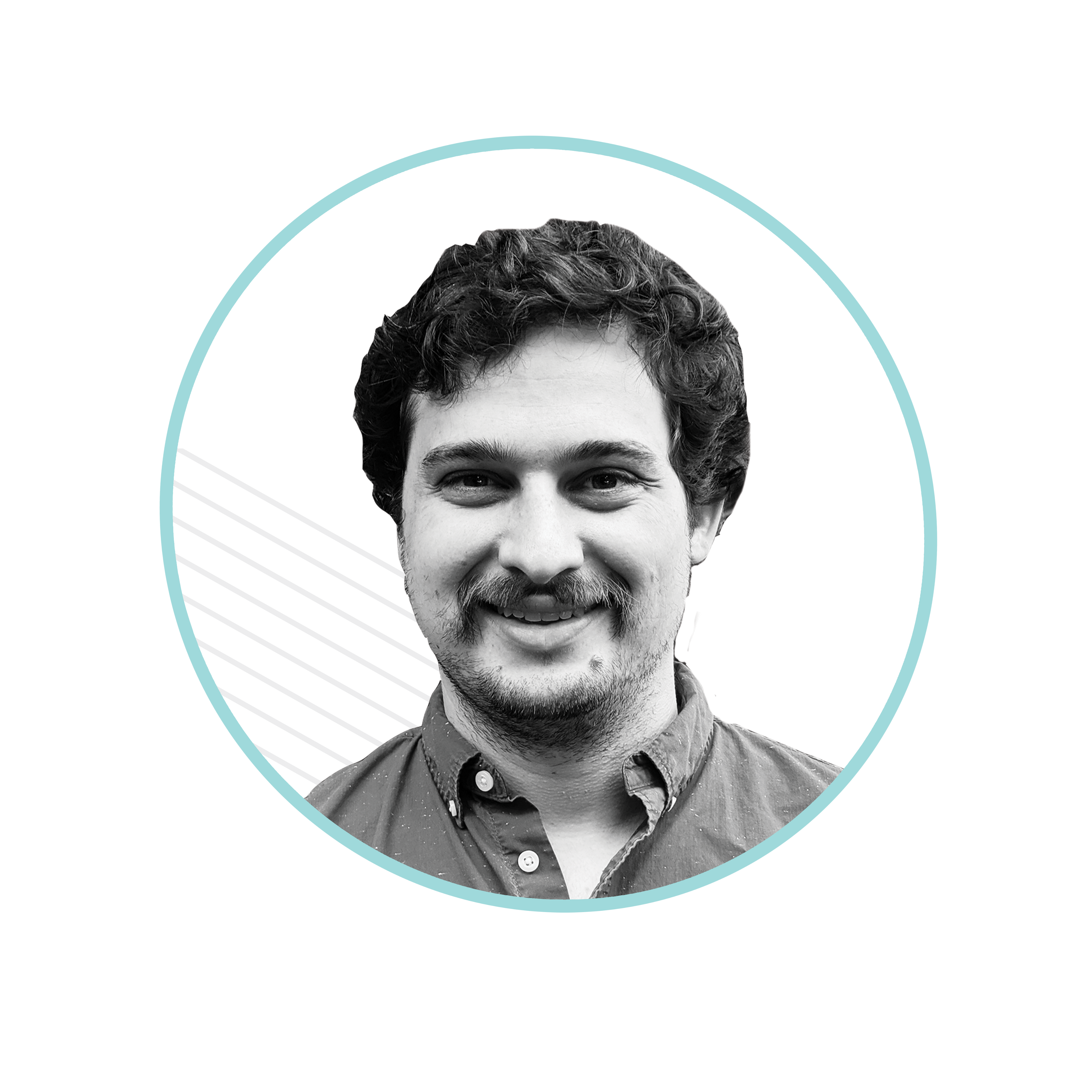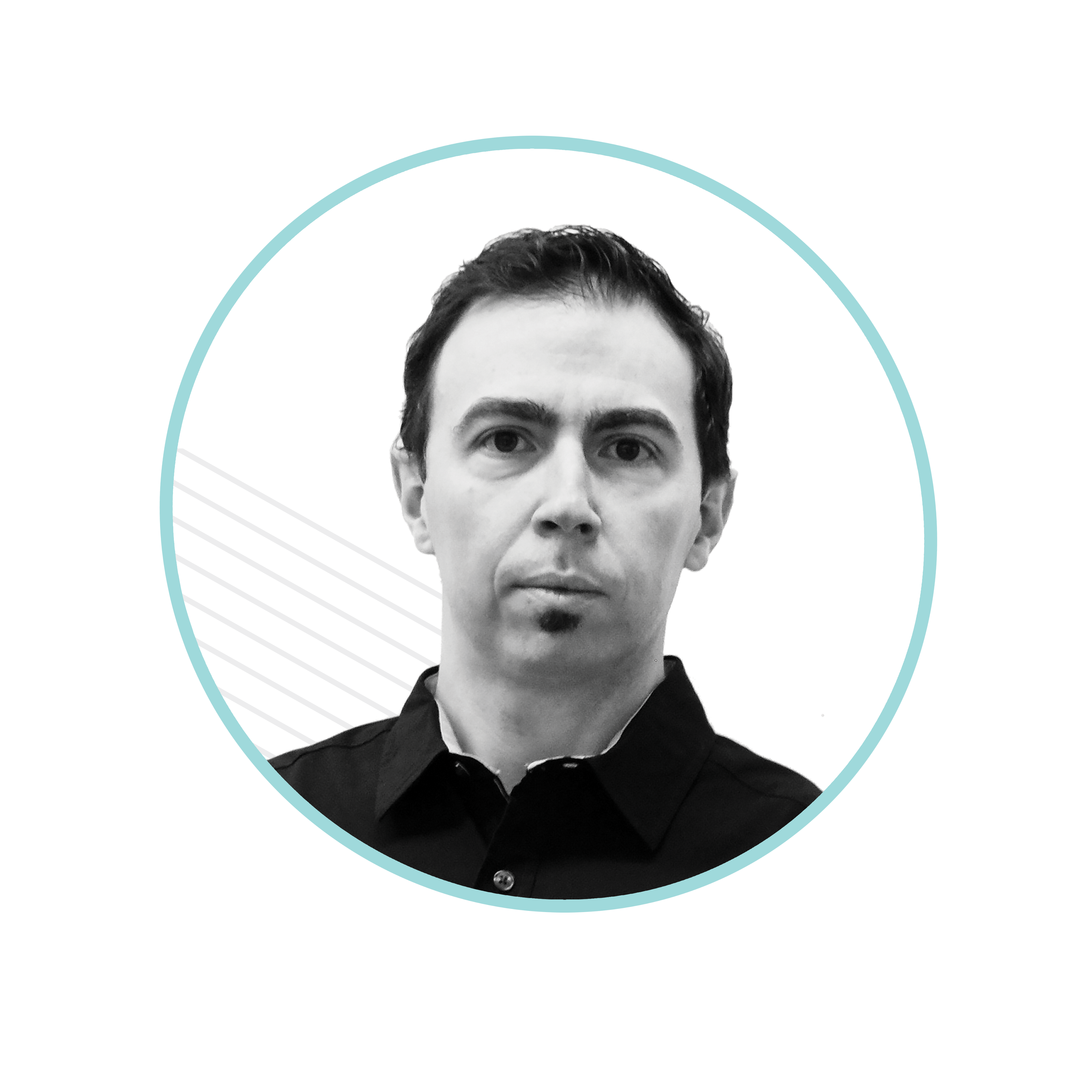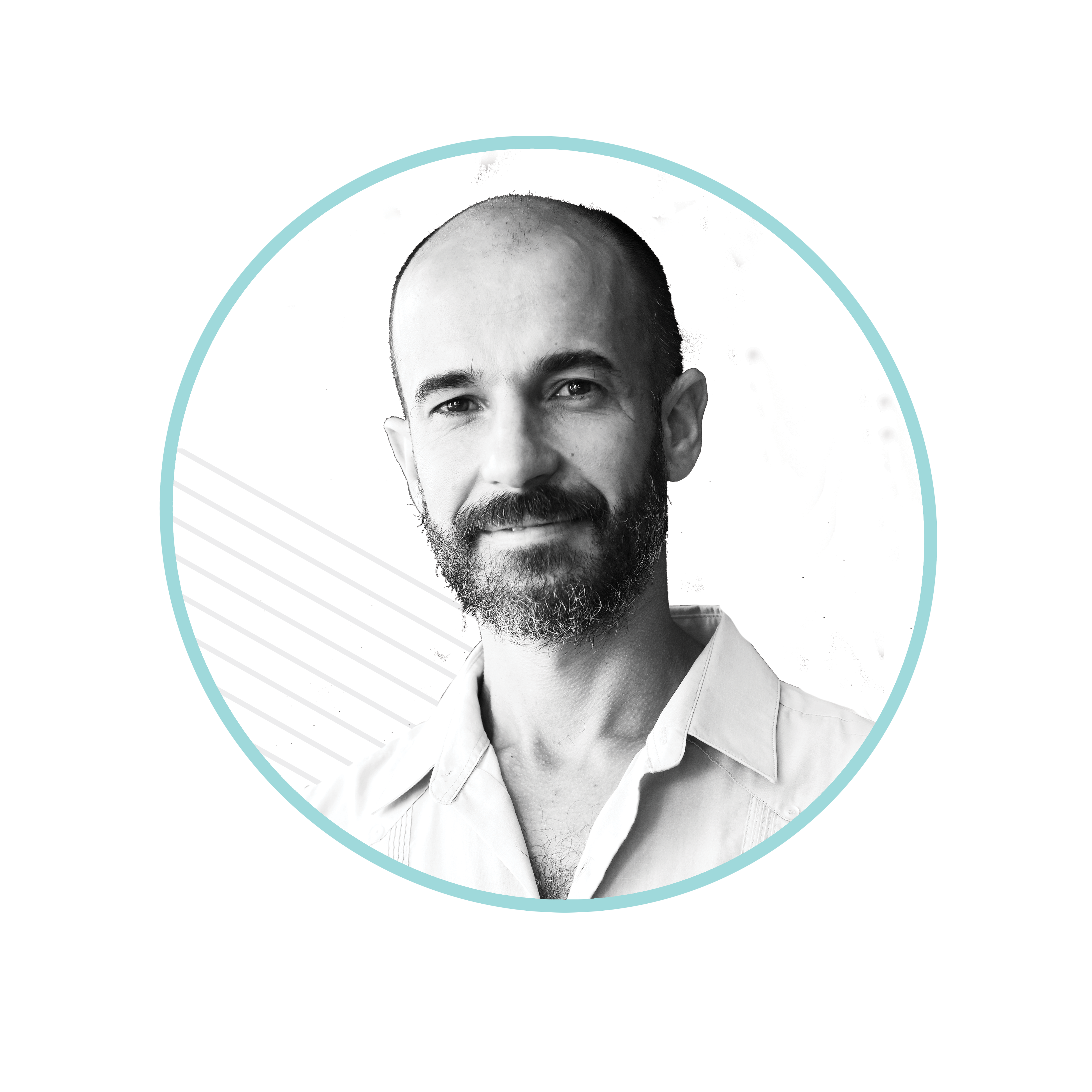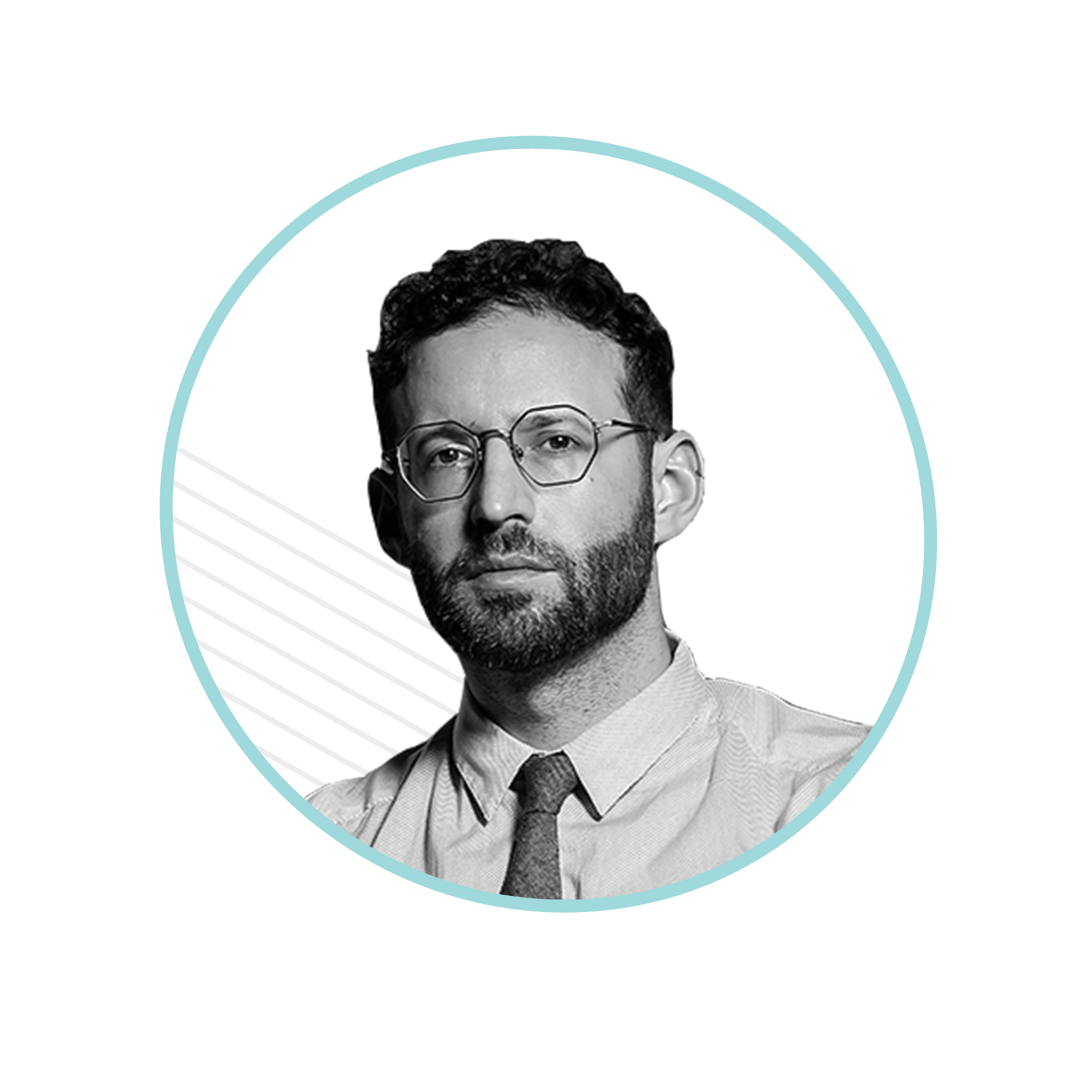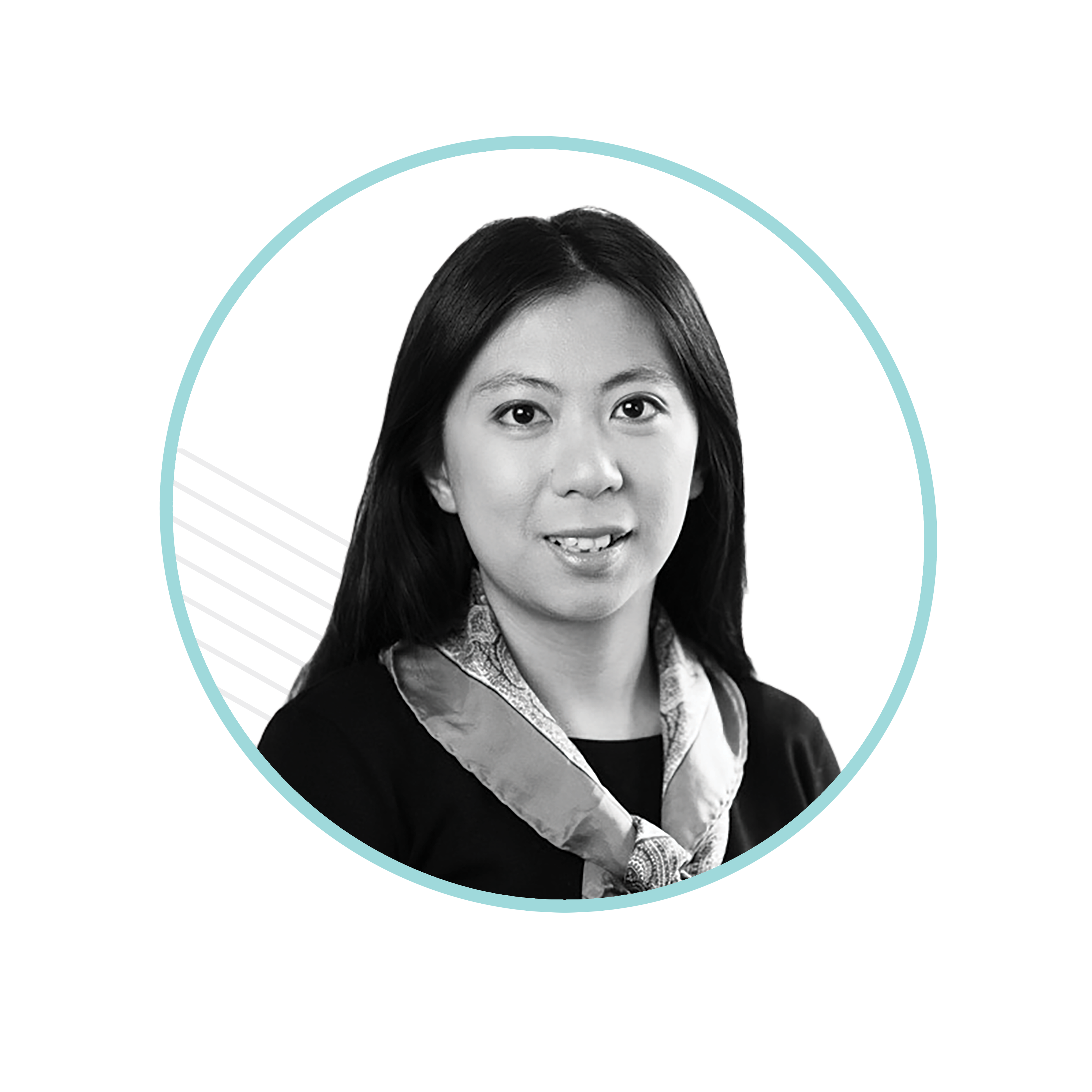Meet the newest CIFAR Azrieli Global Scholars: Nineteen outstanding early-career researchers to join six CIFAR research programs
CIFAR welcomes the 2021-2023 cohort of leading early-career researchers joining six research programs.
The CIFAR Azrieli Global Scholars program supports outstanding early-career researchers through mentorship, a global network, professional skills development, and $100,000 in unrestricted research support for two years. CIFAR Azrieli Global Scholars join CIFAR research programs for two years collaborating with fellows and contributing new approaches toward the most important questions facing science and humanity. Following the program, many scholars stay connected to the CIFAR community as fellows, Canada CIFAR AI Chairs, or workshop participants.
“The CIFAR Azrieli Global Scholars program is one of the most selective and prestigious early-career opportunities for young researchers anywhere in the world,” says Dr. Alan Bernstein, President & CEO of CIFAR. “These young people are selected for their excellence in research as well as their potential to become the leaders of tomorrow. They are mentored by some of the world's top natural or social scientists, and are given the unique opportunity to join a close-knit community of CIFAR fellows, challenging each other with new ideas and addressing some of the most exciting and important questions facing science and humanity.”
This year’s diverse cohort of scholars was chosen from more than 300 qualified applicants. The 19 CIFAR Azrieli Global Scholars represent eight countries: Canada, the United States, the United Kingdom, South Africa, Australia, China, France and Chile. Nine of the researchers identify as women, and ten identify as men. They will contribute to six CIFAR research programs: Boundaries, Membership & Belonging; Brain, Mind & Consciousness; Earth 4D: Subsurface Science & Exploration; Fungal Kingdom: Threats & Opportunities; Humans & the Microbiome; and Innovation, Equity & the Future of Prosperity.
The CIFAR Azrieli Global Scholars program is made possible through generous funding from the Azrieli Foundation.

2021-2023 CIFAR Azrieli Global Scholars

Ellora Derenoncourt
University of California, Berkeley,
United States
“I am a labor economist and economic historian with a focus on inequality. My recent studies have examined northern backlash against the Great Migration and ensuing reductions in Black upward mobility and the role of federal minimum wage policy in closing the racial earnings gap in the Civil Rights Era.”
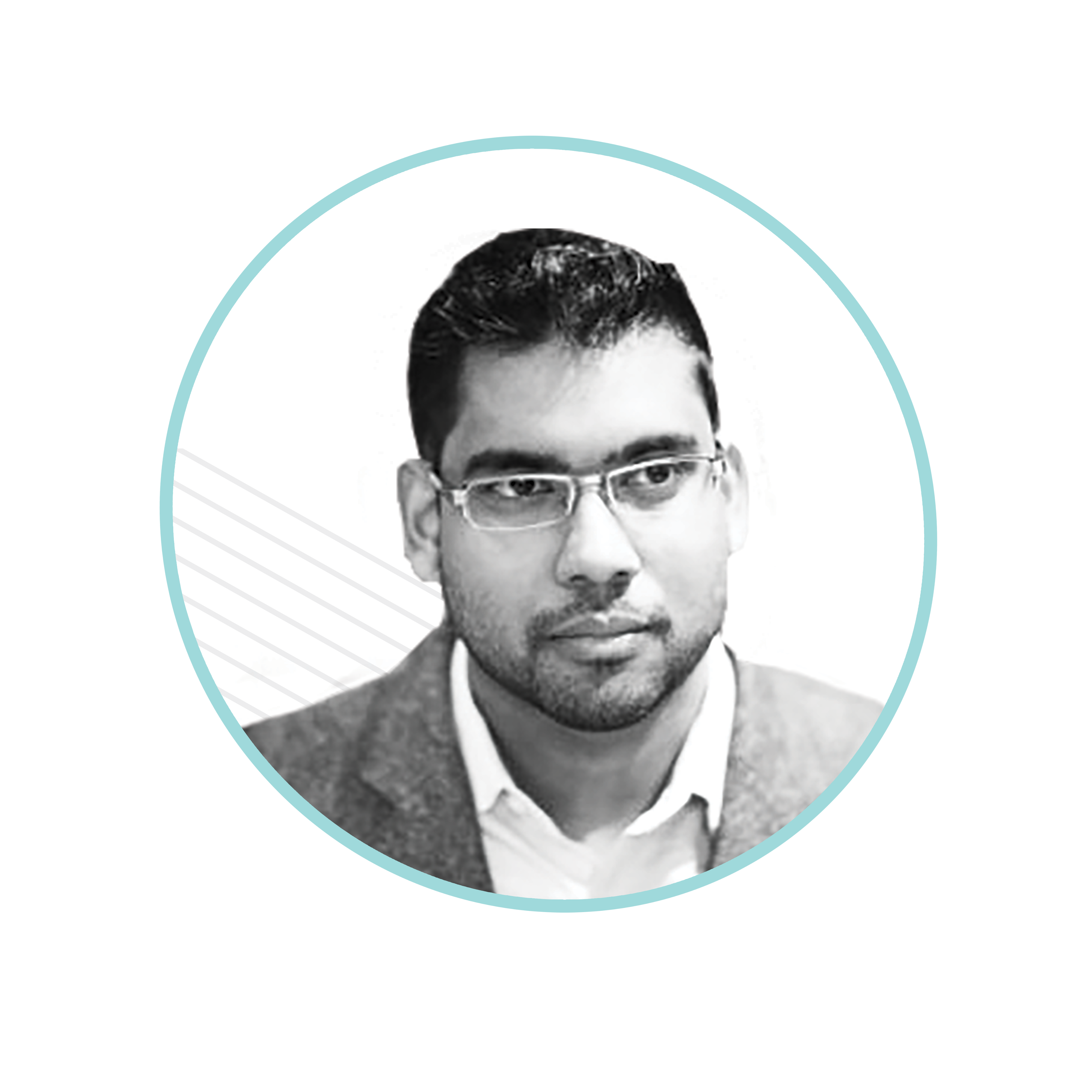
Michael Muthukrishna
London School of Economics and Political Science,
United Kingdom
“My research identifies psychological and social levers of innovation and cultural transmission, using a two-pronged approach combining mathematical and computational modeling, and experimental and data science methods that draw on evolutionary biology, anthropology, psychology, and economics.”

Yang-Yang Zhou
University of British Columbia,
Canada
“A central focus of my research is to bring evidence to questions, and often misperceptions, within scholarly and public debates about the effects of migrants on host communities.”
Sahba Besharati
University of the Witwatersrand,
South Africa
“My research addresses the question of how we become aware of ourselves and others in the world, and how our environment influences this construction of the self.”
Michael Cohen
Amherst College,
United States
“My research focuses on understanding the limits of visual perception, memory, and awareness. I ask questions like: Why is some information perceived and remembered while other information goes unnoticed and is forgotten? What are the cognitive and neural factors that limit the bandwidth of visual cognition? What can be done to overcome these limitations?”
Adeel Razi
Monash University,
Australia
“My research is cross-disciplinary, combining engineering, physics, and machine learning to answer questions that are motivated by, and grounded in, neurobiology. This has enabled me to go beyond the traditional boundaries in order to understand how the brain implements cognition.”
Jacqueline Goordial
University of Guelph,
Canada
“I examine how microbial life persists within extreme subsurface environments such as permafrost and oceanic crust/marine sediments. Understanding subsurface life assists in the search for extraterrestrial life in our solar system.”
Timothy Goudge
University of Texas at Austin,
United States
“My research program seeks to understand how geologic systems that operate on planetary surfaces have shaped landscapes across our Solar System. In addition to studying modern planetary landscapes, we also focus on understanding the activity of ancient geologic processes as they are preserved in the sedimentary rock record.”
Jihua Hao
University of Science and Technology of China, China
“My research focuses on ancient Earth (before 2.5 billion years ago) and other planets, to understand how these environments could have sustained the origin and evolution of life.”
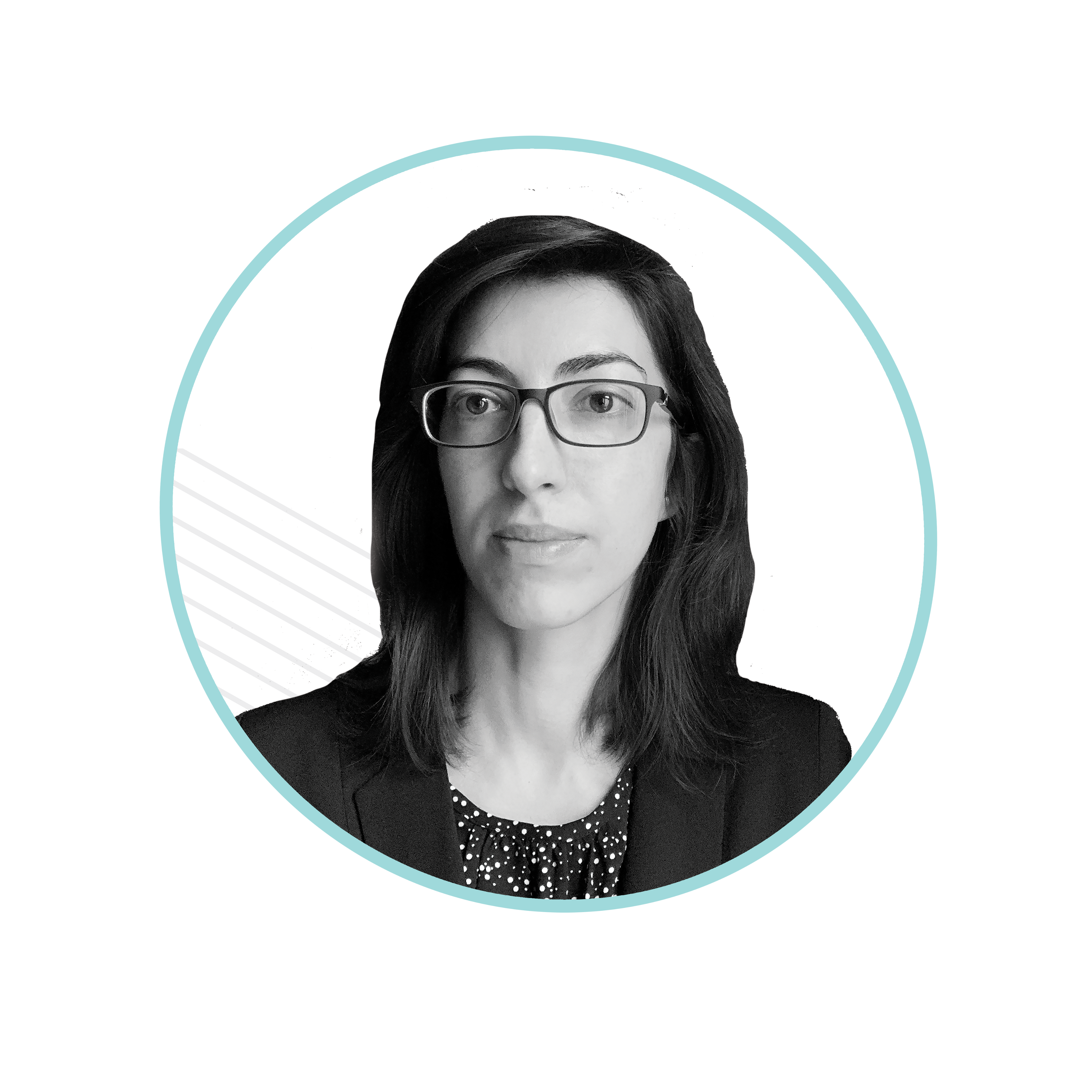
Iuliana Ene
Institut Pasteur,
France
“I am interested in identifying and addressing current challenges in tackling human fungal infections for improved diagnostics and novel therapies.”
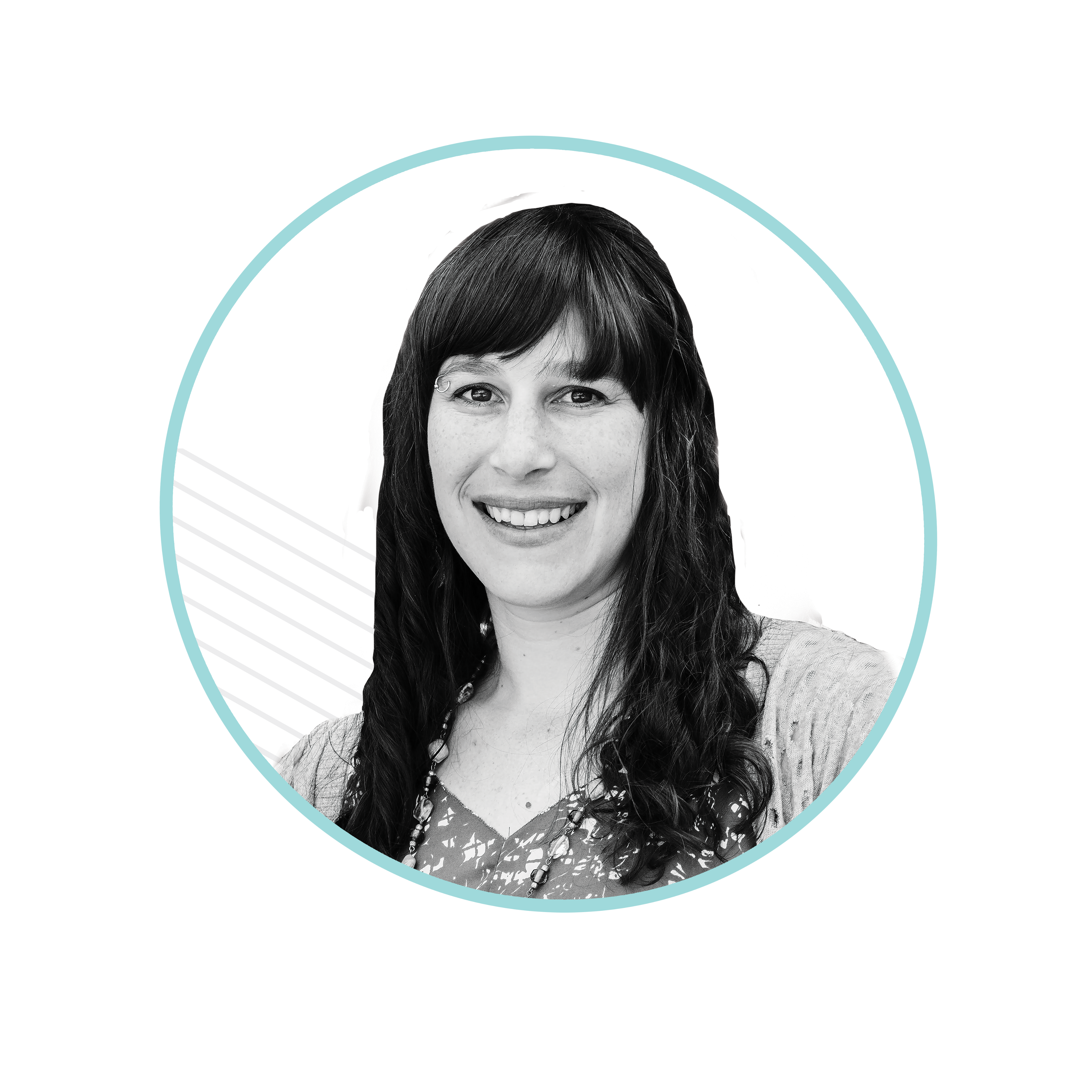
Aleeza Gerstein
University of Manitoba,
Canada
“My research applies evolutionary principles and computational and statistical methods to understand the factors that influence how and why fungal populations evolve.”
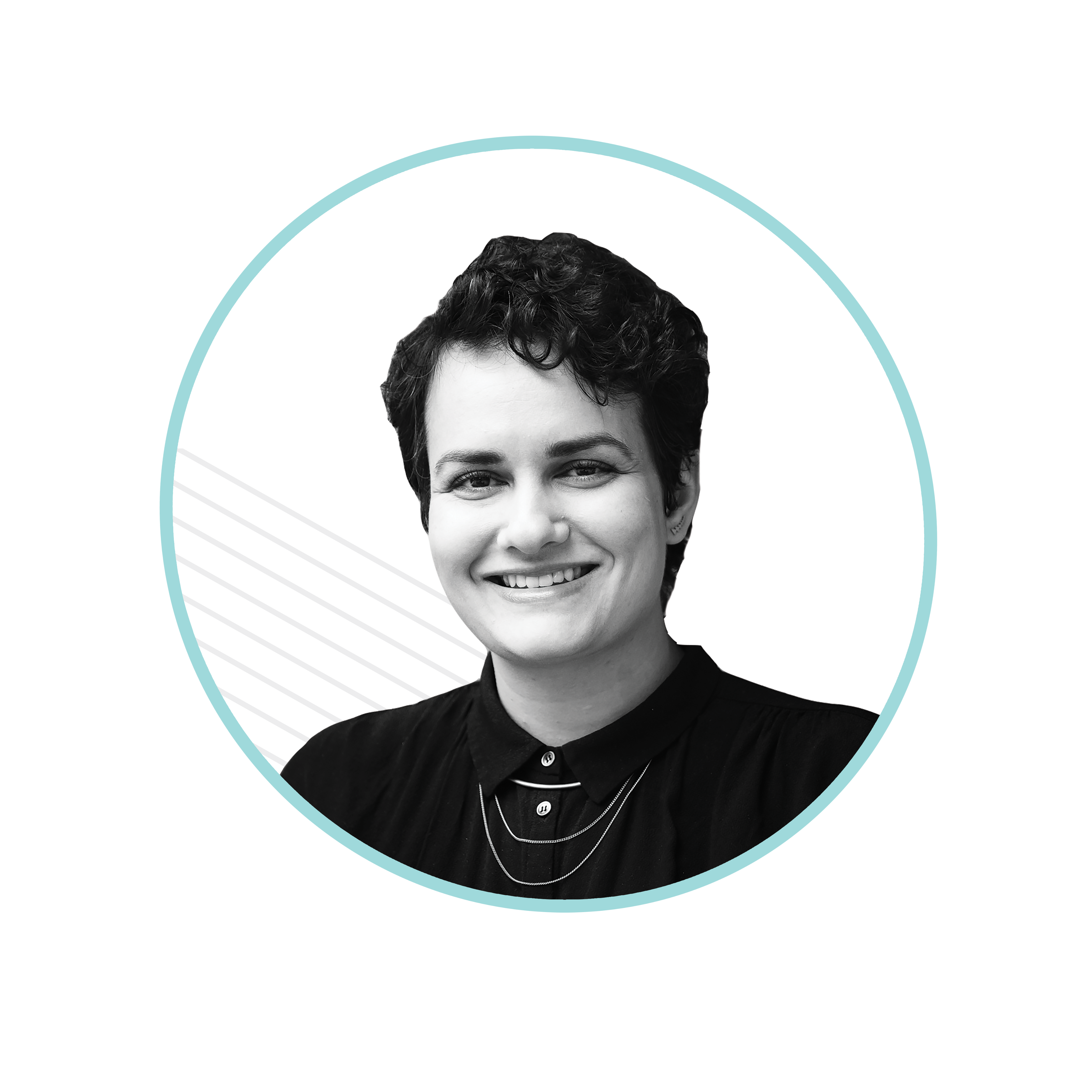
Rebecca Shapiro
University of Guelph,
Canada
“Infectious disease pathogens are a pressing global health challenge with limited treatment options, and a leading cause of human mortality. My research develops and applies cutting-edge CRISPR-based technologies to study fungal disease.”
Louis-Patrick Haraoui
Université de Sherbrooke,
Canada
“My research focuses on the spread of antibiotic-resistant bacteria, a major global concern. While limiting antibiotic consumption is important, my research seeks to identify other less obvious factors to improve our ability to contain their spread.”
Elizabeth Johnson
Cornell University,
United States
“My research centers around understanding how nutrients in human milk precisely interact with microbial communities in the infant gut, and how products of microbial metabolism affect infant health.”
Eduardo Undurraga
Pontificia Universidad Católica de Chile, Chile
“My research focuses on the interaction between the social sciences and human health. My recent work has focused on the factors that affect the emergence and spread of antimicrobial resistance in healthcare and community settings.”
Daniel Aldana Cohen
University of California, Berkeley, United States
“I’m a sociologist who studies climate politics through the lenses of urban studies, political sociology, political economy, and the social science of climate change.”
Ameet Morjaria
Northwestern University,
United States
“My interests include studying and measuring market imperfections in key high-value agriculture sectors to enable better policy tools so that farmers in low-income countries can realize and share the gains from trade. I focus particularly on Sub-Saharan Africa.”
David Yang
Harvard University,
United States
“My research focuses on political economy, behavioral and experimental economics, economic history, and cultural economics. In particular, I study the forces of stability and forces of changes in authoritarian regimes, drawing lessons from historical and contemporary China.”
Baobao Zhang
Syracuse University,
United States
“Experts and the public alike anticipate that new technologies could make society more unequal. My research focuses on how mass politics can make it hard for governments to address these inequalities, such as the political challenges of enacting policies to help workers harmed by workplace automation.”
